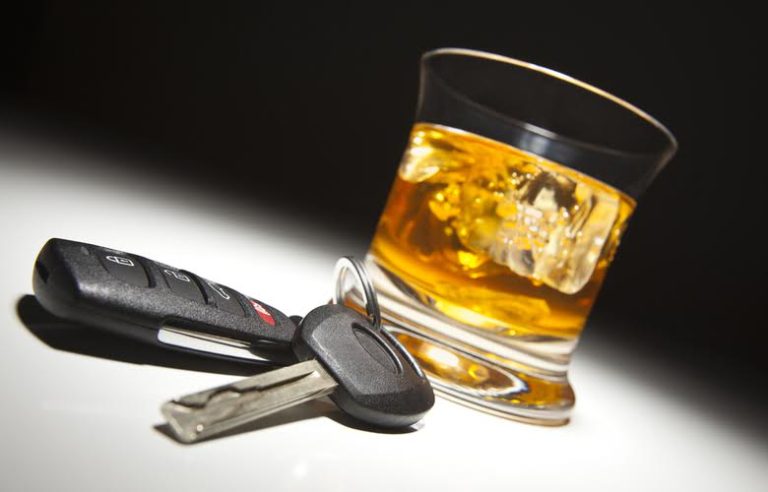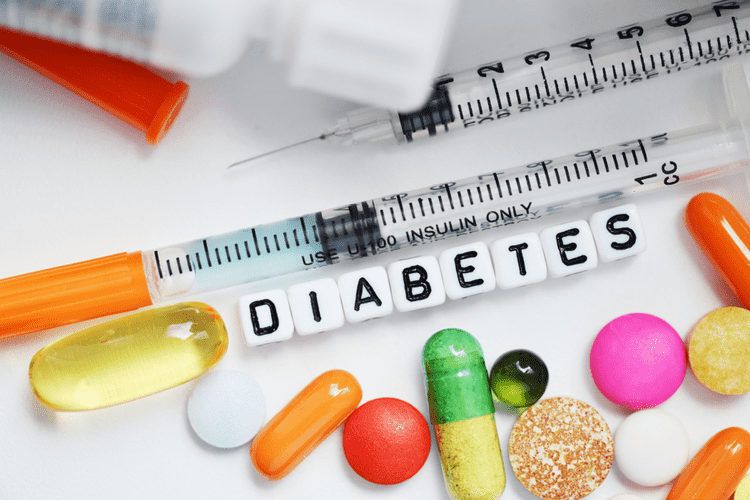Life may feel dull or unfulfilling, leading to emotional detachment. Keep in mind that these hobbies might not feel quite as enjoyable during the early stages of recovery. If some time goes by and you still feel the same way, you can always give a different coping technique a try or explore a new hobby.
How Long is Alcohol Rehab?
Dry Drunk Syndrome can significantly impact an individual’s quality of life and hinder their recovery journey. It’s crucial to address these underlying issues through therapy, support groups, and other recovery-oriented activities. Our family program helps rebuild trust, improve communication, and teach healthier ways to support one another. Recovery isn’t just for the individual; it’s for the entire support system.

Family Support Systems
However, persistent negative behavioral patterns that consistently undermine personal progress can be considered significant warning signs. These aren’t simple occasional setbacks but systematic destructive responses that prevent genuine transformation. One of the biggest challenges for people with dry drunk syndrome is the inability to handle emotions healthily. Since people often used alcohol to deal with stress, sadness, or anxiety, it’s normal to feel lost now that you’re sober. Dry drunk syndrome shows why treating alcohol and drug use disorders has to be more than just about quitting these substances.
How is Dry Drunk Syndrome Treated?
They may harbor deep resentment toward others who can drink moderately or feel bitter about having to maintain sobriety. Comorbidity between mental health disorders, substance abuse, and withdrawal syndromes varies from 7% to 85%, according to the EU’s 2016 Report. This condition is known to happen as a result of drug abuse as well. Recovery programs like those we offer at CenterPointe Recovery Center address both psychological and physical dependence, ensuring comprehensive care that targets the root causes of addiction. We will provide the necessary support to overcome dry drunk syndrome while allowing you to maintain your daily responsibilities. Dry Drunk Syndrome prevention comes from participating actively in emotional healing and personal growth while on the recovery journey.
Without a safe space to share your struggles and receive encouragement, feelings of isolation and loneliness can worsen, potentially leading to Dry Drunk Syndrome. Have you ever felt like you’re white-knuckling your way through recovery? You’ve stopped using substances, but old habits and negative emotions keep creeping back in. You might be wondering if you’re truly healing or if there’s something else going on. The dry drunk will take it as a predetermined outcome that they’ll fail in recovery and assumes a “why bother” attitude.

We cannot guarantee payment or verification eligibility as conveyed by your health insurance provider will be accurate and complete. Payment of benefits are subject to all terms, conditions, limitations, and exclusions of the member’s contract at time of service. If co-occurred mental disorders are left untreated, they Sober living home can trigger they can still manifest in person during recovery time. Coping with cravings for alcohol may involve identifying triggers, developing alternative coping strategies, and seeking support from peers or professionals. Some addiction experts believe people may deal with dry drunk syndrome for several reasons. Adam Vibe Gunton is an American author, speaker and thought leader in addiction treatment and recovery.
Symptoms of ‘dry drunk syndrome’ to look out for if someone has stopped drinking
Exploring therapy options and building a robust support system are key strategies in this journey. Remember, sobriety is not just about removing alcohol from your life; it’s about building a life where you don’t feel the need to escape through alcohol. Within AA, for example, it’s sometimes used to refer to people who aren’t “working the program” or trying hard enough. Plus, labeling someone in recovery as any kind of “drunk” generally isn’t helpful.
Consider exploring activities such as exercise, art, music, or volunteering. These outlets can provide a sense of purpose and fulfillment that may be lacking in your life. You may find yourself reminiscing about the “good times” you had while drinking, which can lead to cravings and potential relapse. You sober alcoholic meaning may experience mood swings, ranging from irritability and frustration to feelings of hopelessness and despair. Collaborating with esteemed organizations like Epiphany Wellness and Ocean Recovery, Amanda has produced valuable and enlightening content that empowers individuals on their path to recovery.
The terms “dry” and “sober” are often used interchangeably, but there is a subtle distinction. Addiction therapy can help you identify unhelpful https://santraltv.com.tr/does-alcohol-make-you-depressed/ thought patterns, improve emotional regulation, and work through past pain that may be keeping you stuck. In short, while the drinking stops, the recovery work doesn’t begin. Recovery, just like dieting or weight loss, or quitting other bad habits, takes willpower and hard work. Without a willingness to fully commit to growing and developing a recovery-focused mindset, the odds of achieving lasting success are incredibly low.
Set Recovery Goals
- There are treatment centers and addiction treatment options all over the United States.
- A relapse is when someone has stopped drinking and starts drinking again.
- It can be really tough to deal with dry drunk symptoms and alcohol use disorder, but you don’t have to face it alone.
Regularly engaging in self-reflection can help individuals identify potential triggers and make adjustments to their recovery plan as needed. Combining professional, peer, and personal support creates a strong recovery support network. Engaging in community events or workshops can also expand social circles and introduce individuals to new perspectives that enrich their recovery experience. Many individuals find themselves sober but angry, struggling to process unresolved emotions. This anger could be a potential relapse trigger that can derail months or years of hard-earned sobriety.
Leave a Reply